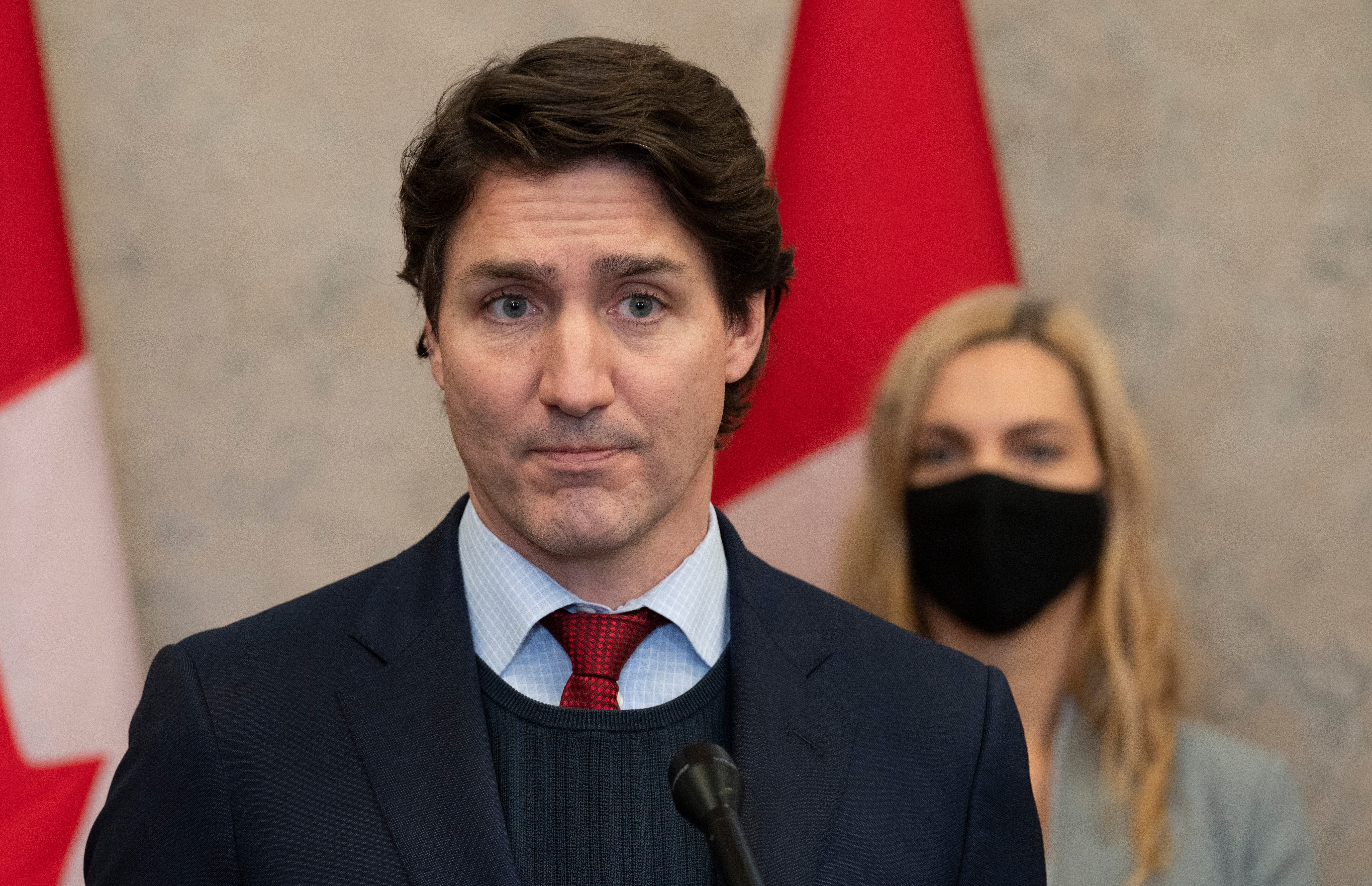Canada joins US and allies in Beijing Olympics boycott
Canada is joining the United States, the United Kingdom and Australia in a diplomatic boycott of the Beijing Winter Olympics over human rights concerns

Your support helps us to tell the story
From reproductive rights to climate change to Big Tech, The Independent is on the ground when the story is developing. Whether it's investigating the financials of Elon Musk's pro-Trump PAC or producing our latest documentary, 'The A Word', which shines a light on the American women fighting for reproductive rights, we know how important it is to parse out the facts from the messaging.
At such a critical moment in US history, we need reporters on the ground. Your donation allows us to keep sending journalists to speak to both sides of the story.
The Independent is trusted by Americans across the entire political spectrum. And unlike many other quality news outlets, we choose not to lock Americans out of our reporting and analysis with paywalls. We believe quality journalism should be available to everyone, paid for by those who can afford it.
Your support makes all the difference.Canada will join the United States, the United Kingdom and Australia in a diplomatic boycott of the Beijing Winter Olympics over human rights concerns, Prime Minister Justin Trudeau said Wednesday.
The announcement came after the White House the Australian government and the UK government confirmed diplomatic boycotts of the Winter Games in February to protest Chinese human rights abuses. China has vowed to react with “firm countermeasures.”
Trudeau said his government has been talks with allies about it in recent months.
“We are extremely concerned by the repeated human rights violations by the Chinese government,” Trudeau said.
“They should not be surprised we will not be sending any diplomatic representation."
The diplomatic moves by Canada, the U.S., Britain and Australia do not affect their athletes’ ability to compete in the games.
Rights groups have called for a full-blown boycott of the Beijing Winter Games, citing Chinese human rights abuses against its Uyghur minority in the northwest Xinjiang province, which some have called genocide. They also point to Beijing’s suppression of democratic protests in Hong Kong and a sweeping crackdown on dissent in the semi-autonomous territory.
The White House confirmed Monday that it was staging a diplomatic boycott of the upcoming games and Australia followed suit Wednesday, with Prime Minister Scott Morrison saying it was “in Australia’s national interest.”
Relations between Canada and China have been poor since China arrested two Canadians in China in Dec. 2018, shortly after Canada arrested Meng Wanzhou, Huawei Technologies’ chief financial officer and the daughter of the company’s founder, on a U.S. extradition request. Many countries labeled China’s action “hostage politics," while China has described the charges against Huawei and Meng as a politically motivated attempt to hold back China’s economic and technological development.
China, the U.S. and Canada essentially completed a high-stakes prisoner swap earlier this year but the reputation of the Chinese government has been severely tarnished in Canada.
“Concerns around arbitrary detention are real and shared by many countries around the world,” Trudeau said.
Canadian Foreign Minister Mélanie Joly said more countries need to take similar action.
“It is important to send a strong signal to China," Joly said. “Human rights violations are not acceptable.”